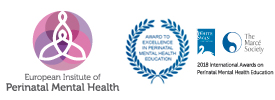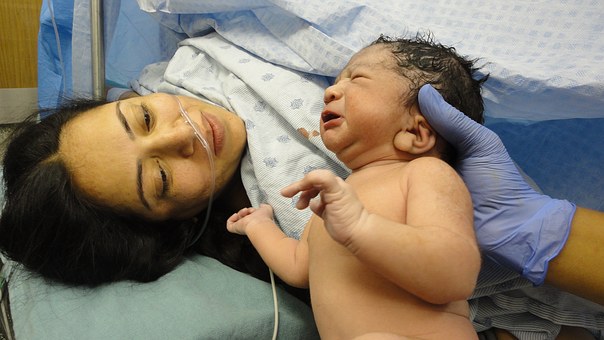It matters how you give birth: mode of delivery and mental health
A study published in the latest edition of Archives of Women’s Health has found that instrumental births (those requiring forceps, vacuum extraction, etc.) and cesarean sections are related to a higher number of psychological difficulties after birth – ranging from lack of adjustment to motherhood to post-traumatic stress disorder. To put these conclusions into perspective,…










